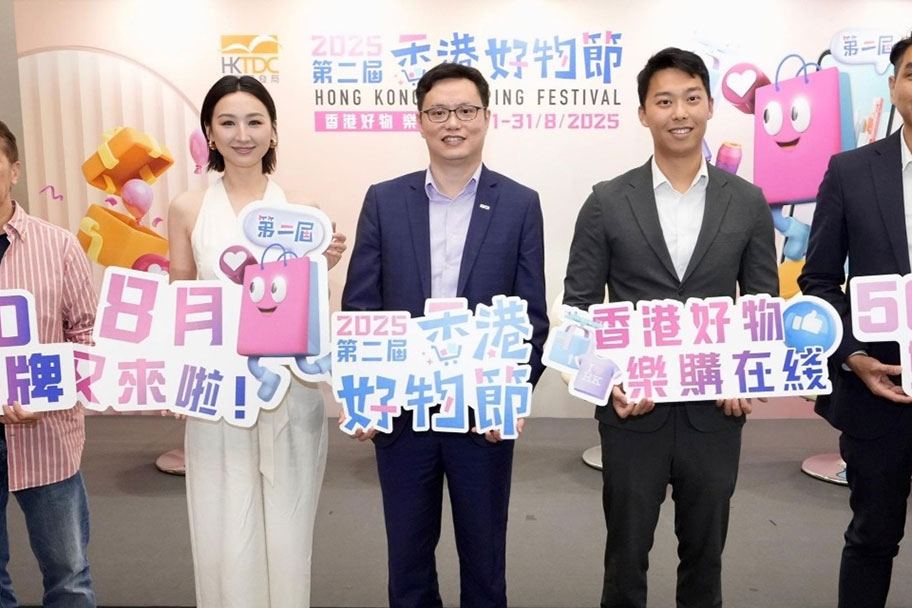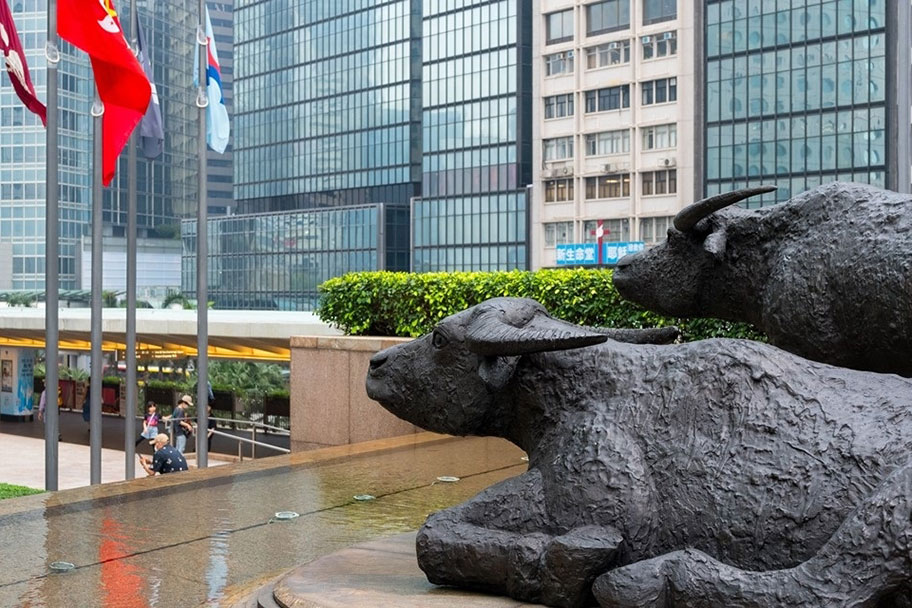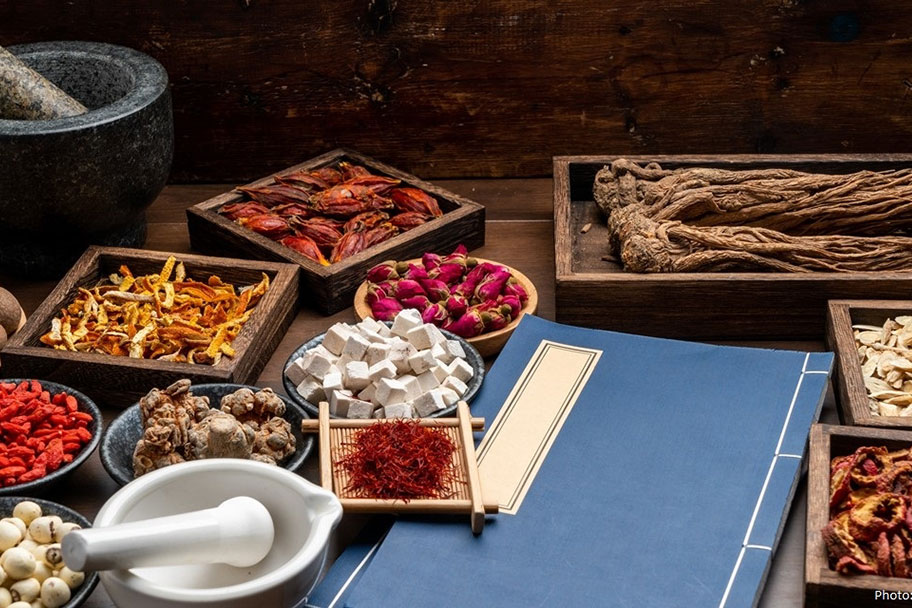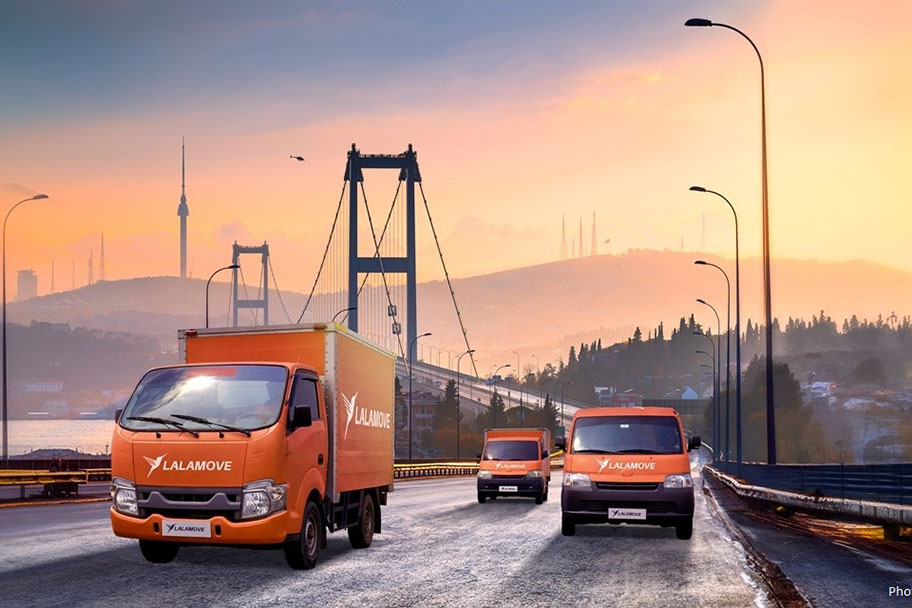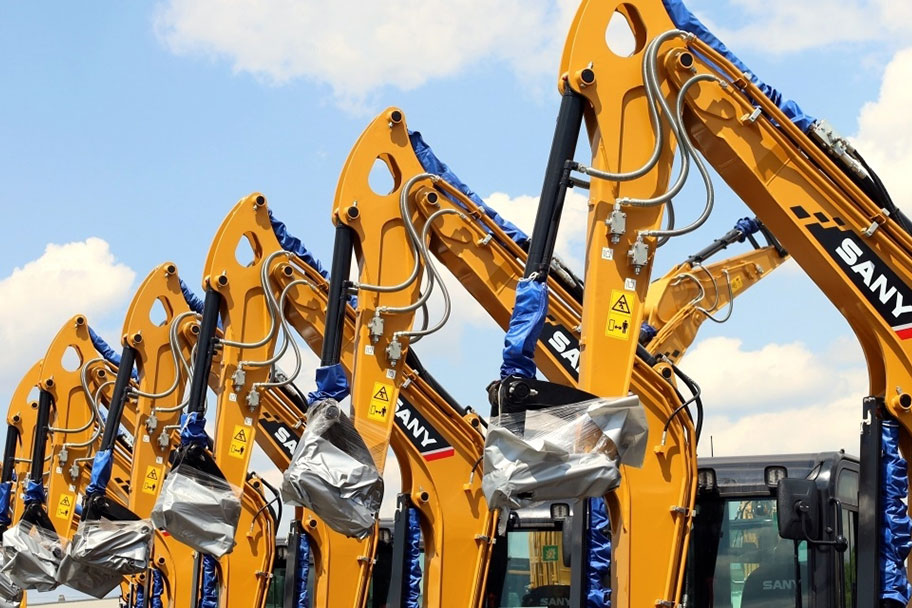Partnering for international growth
Industrial machinery giant Sany Group is expanding overseas through the HKTDC’s global network.
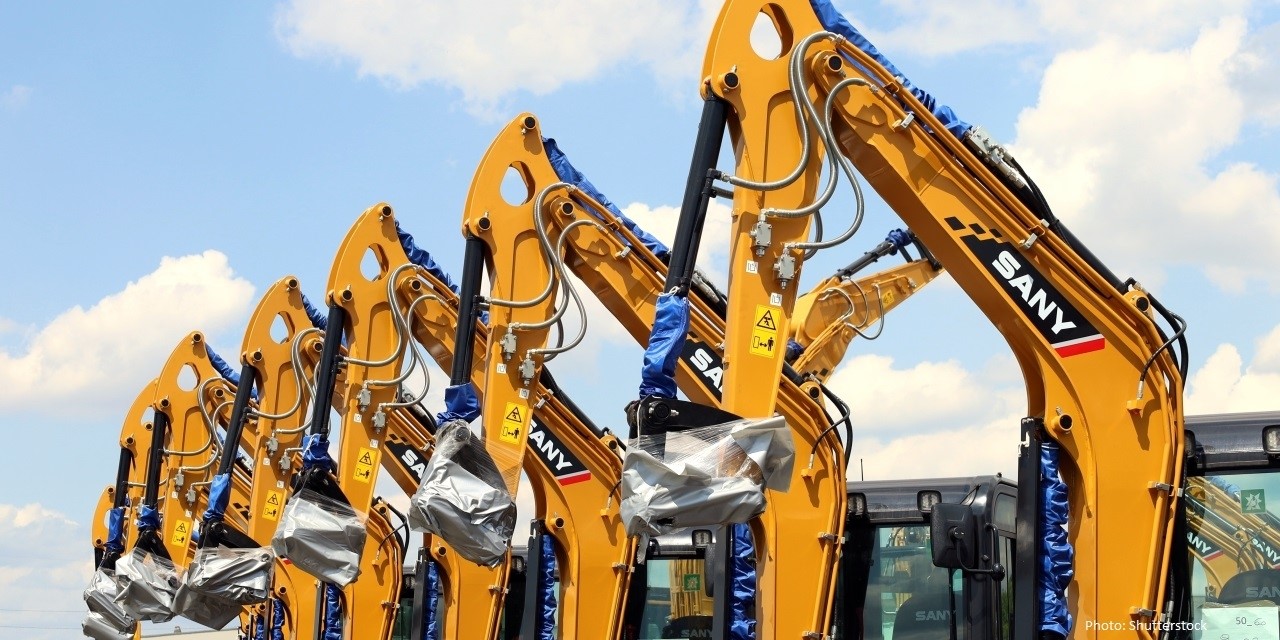
China’s largest heavy industrial machinery manufacturer has looked to the Hong Kong Trade Development Council’s (HKTDC) global network for strategic advice and connections to accelerate its expansion ambitions across Asia, using Hong Kong as a launchpad.
Founded in 1989 in Changsha, Hunan Province, Sany Group is a leader in the manufacturing of construction and mining equipment, heavy industrial machinery and wind energy systems with over 40 facilities around China.
The firm established its regional headquarters in Hong Kong in 2005 to strengthen its international presence and currently operates industrial parks in Germany, India, Indonesia and the United States.
Leveraging Hong Kong's position as an international financial, shipping and business hub and its unique role as a superconnector, the company’s strategy is to accelerate its global expansion.
Hong Kong hub drives global expansion
Reflecting on two decades of operations in Hong Kong, Sany Hong Kong Group Managing Director Jacky Chen emphasised the city’s enduring appeal as a strategic base for international business.
“We were drawn to the city’s free trade policies, zero tariffs on exports and superior logistics infrastructure,” he said.
He highlighted Hong Kong’s airport and container terminal as efficient and reliable trans-shipment hubs, important for the manufacturer’s supply chain.
Beyond logistics, Mr Chen underscored Hong Kong’s strengths in finance and transaction clearing, pointing to its robust legal system, simple and competitive tax regime and free flow of capital.
“Hong Kong’s mature banking system and capital markets offer lower financing costs and a wide range of services - from international clearing and cross-border financing to risk management."
While Sany gained global recognition for its construction equipment – it is now the world’s 3rd largest engineering machinery manufacturer - the company has in recent years expanded into renewable energy guided by the themes of globalisation, digitalisation and decarbonisation.
The firm is focusing on Southeast Asia, the Middle East and North Africa for overseas expansion.
"The Middle East is a long-term and reliable strategic partner for China and has developed rapidly in infrastructure and renewable energy, offering enormous market potential.”
“There is a strong demand for equipment used in infrastructure projects, especially for wind power, photovoltaic and hydrogen technologies, and the Group is leveraging Hong Kong's platform to bring these innovative products to the world," said Mr Chen.
Growing across RCEP
The manufacturing giant operates in Southeast Asia, including Indonesia, Singapore and Malaysia – a region with strong demand for construction machinery and renewable energy projects.
Among these markets, Indonesia has long been a priority for the company, aligning with its commitment to high-quality development under the Belt and Road Initiative.
In 2020, the Group built a Lighthouse Factory in the country, with advisory support on its development provided by the HKTDC.
This highly automated smart facility is China’s first such factory outside of its borders, a milestone in the globalisation of the country’s machinery industry and a model for exporting its advanced manufacturing expertise.
The project has strengthened the manufacturer’s footprint across ASEAN as well as in Australia, New Zealand and other markets.
In the renewable energy field, the company is actively developing projects across RCEP member countries, and the HKTDC has helped it connect with local tech and financial institutions to explore collaboration opportunities.
Expanding into the Middle East
To help the mainland firm develop in the Middle East, the HKTDC has provided continuous support through its global office network.
This includes timely insights on business regulations, tax policies and market conditions as well as delivering on-site support and introductions to local agencies and potential partners.
Our Transformation Sandbox (T-box) business support team met with the company in January this year. After gaining an in-depth understanding of its Middle East expansion plans, we arranged for our Dubai office to provide them with tailored market entry advice.
The Dubai office gave Sany a comprehensive overview of the business environment, market trends and development opportunities in the Middle East.
This included an analysis of tariff policies in the Gulf Cooperation Council member states as well as trade arrangements within the bloc.
We also outlined the impact of worldwide tariff shifts on the region and made recommendations to guide the firm’s overseas expansion.
Another key step was connecting the manufacturing giant with the Dubai Chamber of Commerce, enabling access to its advocacy, networking and support services in the UAE.
According to Mr Chen, Sany has received ongoing support from both the HKTDC Dubai office and the T-box team.
The company has advanced into the Dubai market and is interested in expanding into Kuwait, Iraq and Ukraine to contribute to regional development and post-war reconstruction.
The HKTDC Dubai office is providing on-site support to facilitate contact with potential partners for Sany during their planned visit to Dubai later this year.
HKTDC flagship events raise global visibility
Currently, the firm’s overseas business accounts for 40% of its total operations with a target to reach 50% by end of this year.
To support this goal, the HKTDC invited the company to participate in its key industry conferences, such as Eco Expo Asia in October and November’s Asian Logistics, Maritime and Aviation Conference to seize industry connections and raise the company’s international profile.
“The HKTDC's flagship events provide an international platform for industry collaboration and cross-regional exchange," Mr Chen said.
“We are particularly keen to leverage these events to explore business opportunities and establish new partnerships in Hong Kong and Macao, as part of our broader overseas strategy.”
Original article published in https://hkmb.hktdc.com
